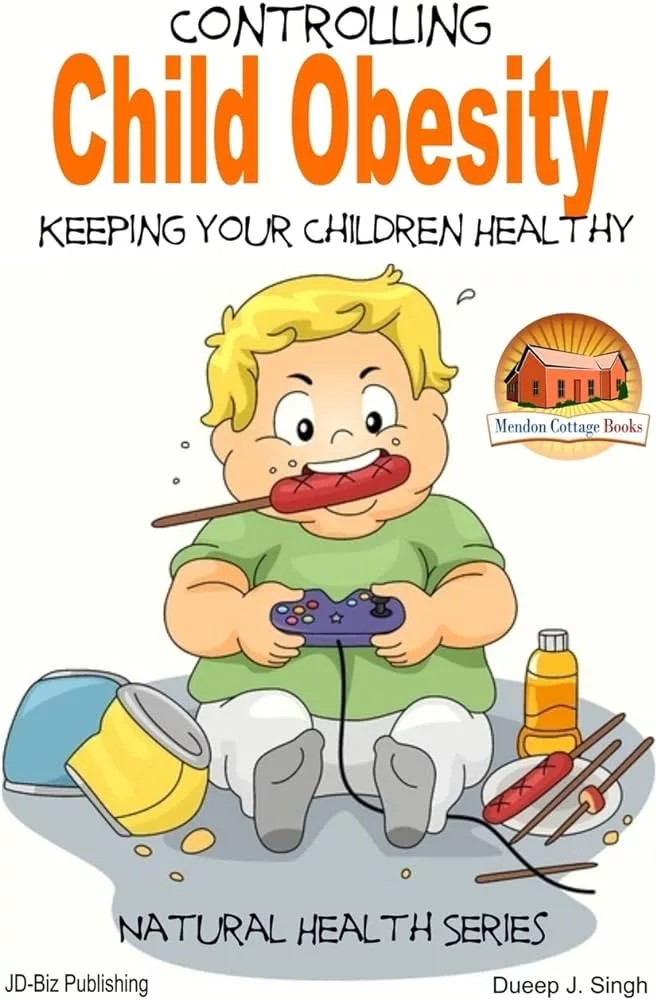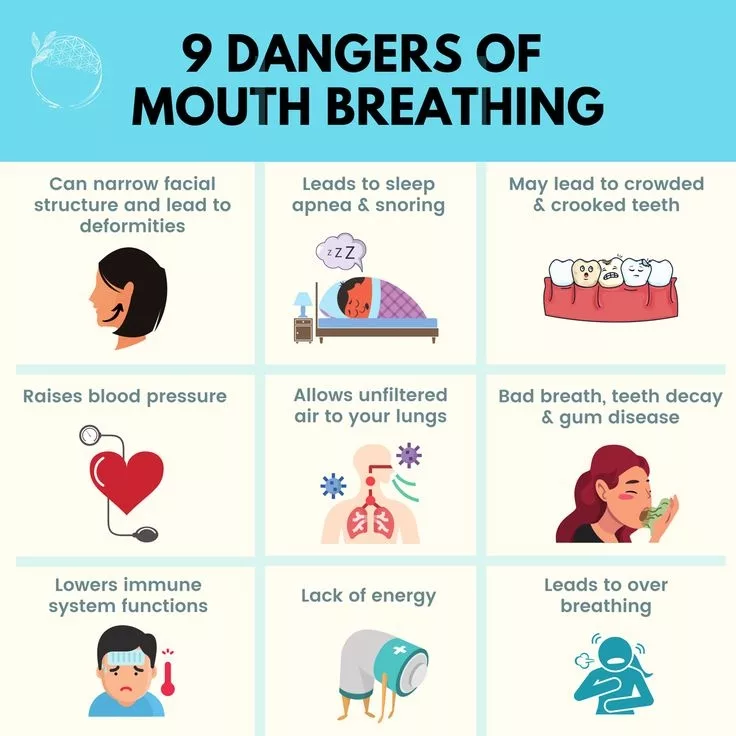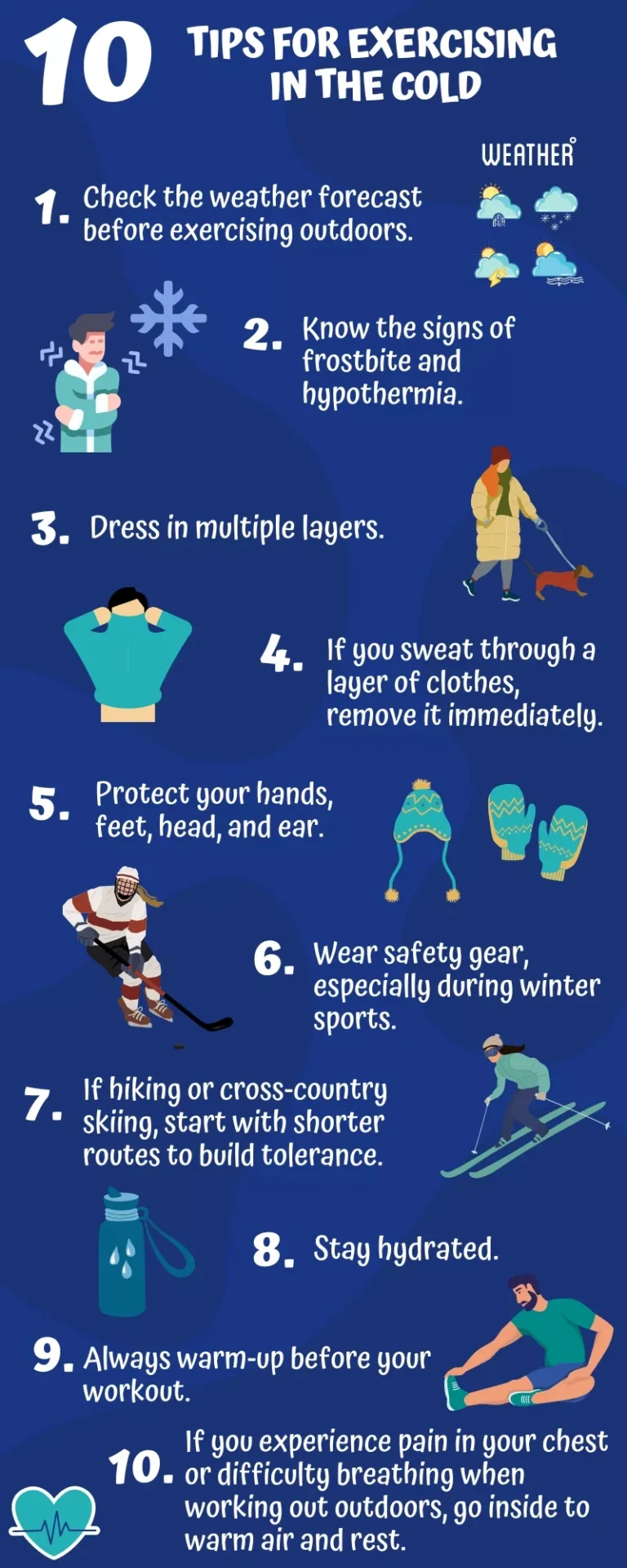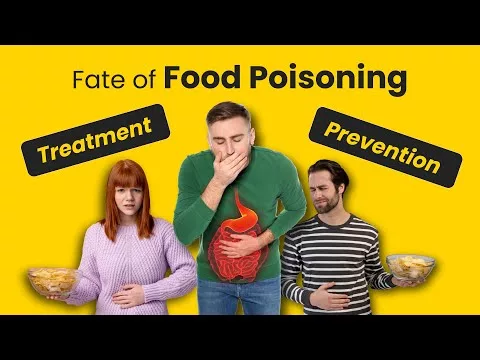Childhood Obesity: How to Protect Our Children’s Health?
Hello! Let’s learn about how to protect our children’s health together. Let’s promote healthy growth!

What is Childhood Obesity?
Childhood obesity refers to a condition where children or adolescents are abnormally overweight or obese. This can negatively impact their physical, emotional, and social health. Childhood obesity increases the risk of obesity-related diseases in adulthood and can be a widespread issue. Therefore, preventing and managing childhood obesity is a crucial task for protecting our children’s health.
Main Causes and Risk Factors of Childhood Obesity
The main causes of childhood obesity are varied. Among them, the most common causes are dietary and lifestyle habits. Excessive calorie intake, meals high in fats and sugars, and unhealthy snacks and beverages are major contributors to obesity. Additionally, genetic factors can influence obesity, and parental eating habits, home environment, and social factors can also act as risk factors for childhood obesity.
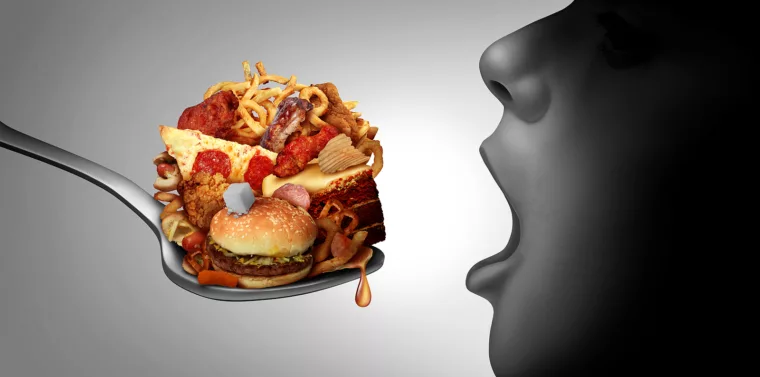
Common Symptoms and Signs of Childhood Obesity
Childhood obesity is typically determined by exceeding the normal weight range. To check if a child is obese, calculating the BMI (Body Mass Index) is common. Obesity can present various physical symptoms, including shortness of breath, joint pain, and skin issues. Moreover, emotional problems or social limitations are frequently observed in obese children.
Health Impacts and Complications of Childhood Obesity
Childhood obesity can negatively affect children’s health. Obesity increases the risk of chronic diseases such as diabetes, hypertension, and hyperlipidemia, and it may also heighten the likelihood of complications like heart disease and arthritis. Additionally, obesity can lead to emotional issues such as low self-esteem, depression, and social discrimination.
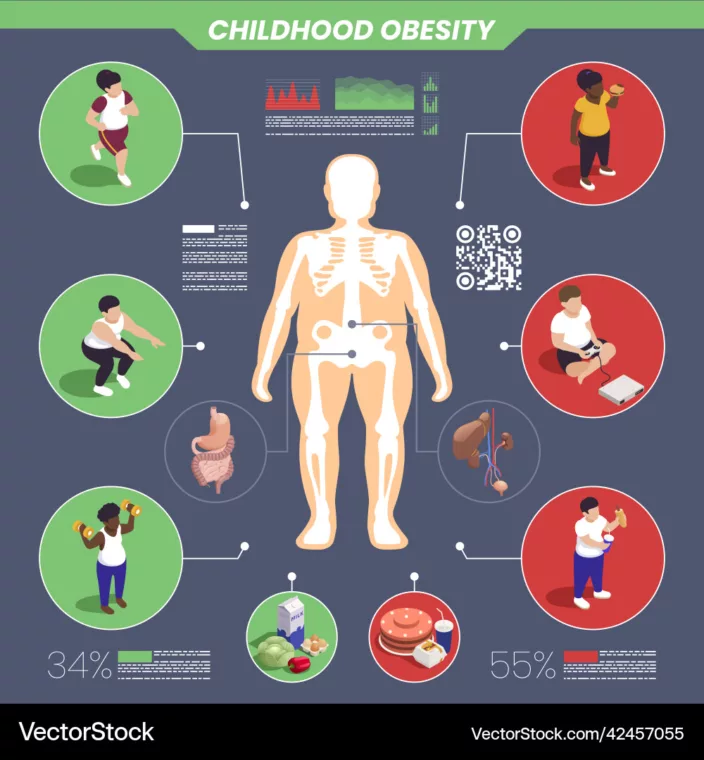
The risks of childhood obesity
The risks of childhood obesity are numerous and can have serious impacts on physical, emotional, and social health. The main risks include:
-
Increased Risk of Chronic Diseases: Childhood obesity raises the risk of developing chronic diseases such as diabetes, hypertension, and hyperlipidemia. These conditions can persist into adulthood.
-
Heart Disease: Obesity places a burden on the heart and can increase the risk of cardiovascular diseases. Children who are obese are more likely to develop heart disease as adults.
-
Joint Problems: Being overweight adds extra stress to joints such as the knees, hips, and ankles, potentially leading to issues like arthritis.
-
Respiratory Issues: Obesity can cause respiratory problems like sleep apnea, which can degrade sleep quality and negatively affect overall health.
-
Emotional Problems: Childhood obesity can lead to emotional issues such as low self-esteem, depression, and anxiety. Additionally, obese children may experience bullying or social discrimination from their peers.
-
Social Limitations: Obesity may restrict participation in activities or sports, negatively impacting social interactions and friendships.
Childhood obesity is a serious health issue that goes beyond just weight problems, and early prevention and management are crucial. Parents and society must work together to protect the health of children.
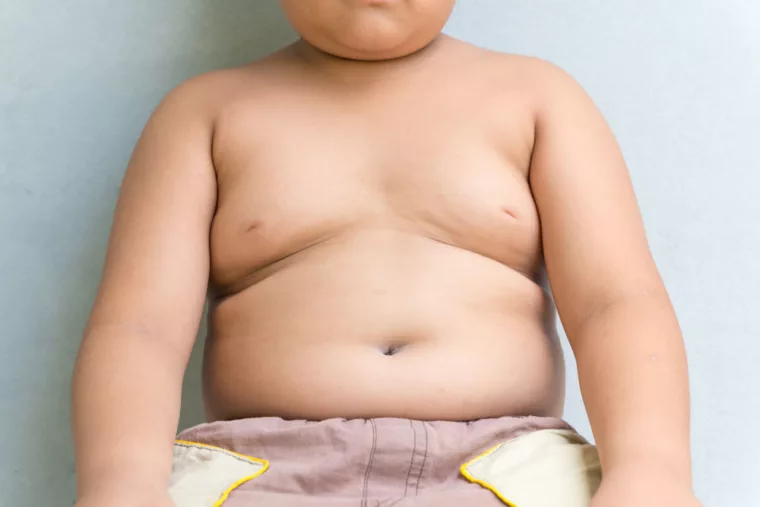
Dietary Improvements to Prevent Childhood Obesity
To prevent childhood obesity, developing healthy eating habits is very important. Here are some examples of dietary improvements to prevent childhood obesity:
- Encourage the consumption of a variety of vegetables and fruits daily.
- Limit the intake of processed foods that are high in fats and sugars.
- Choose foods rich in healthy proteins and dietary fiber.
- Reduce excessive sugar, beverage, and snack consumption while increasing water intake.
The Importance of Physical Activity and Exercise
Physical activity and exercise are essential in preventing childhood obesity. Children should engage in at least 60 minutes of physical activity each day. Opportunities for various physical activities should be provided, such as cycling, soccer, basketball, and swimming.
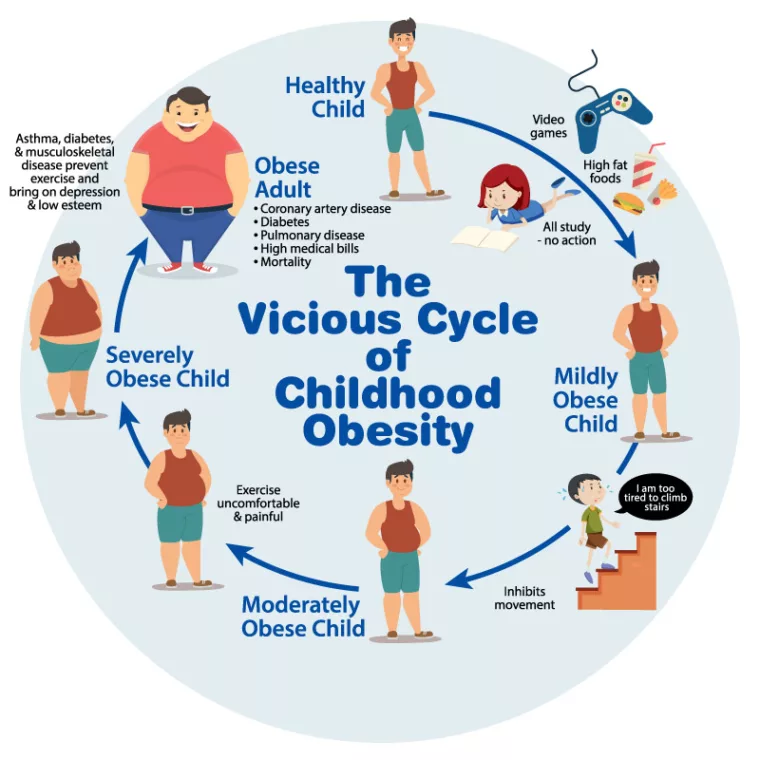
Support and Role of Home and School
Home and school play a vital role in managing childhood obesity. Parents should teach and encourage healthy eating habits for their children. It is also beneficial for the whole family to eat together. Schools can support healthy eating habits by providing healthy meal options and supporting mealtime.
Management of Childhood Obesity and Long-Term Prevention Strategies
Managing childhood obesity and ensuring long-term prevention require various strategies and plans. Some examples include:
- Keeping daily food intake records and monitoring weight to track children’s eating habits and weight changes.
- Planning and engaging in family activities, such as family exercise time.
- Seeking professional help for food education and nutritional counseling.
- Participating in policies and programs that promote healthy eating habits and physical activity.

Childhood obesity is a serious issue that can negatively impact our children’s health and happiness. However, with appropriate prevention and management strategies, this problem can be overcome. Awareness and education about childhood obesity are crucial for our children’s health, and support from families, schools, and society is essential. Preventing childhood obesity can be seen as an investment in our children’s future.
